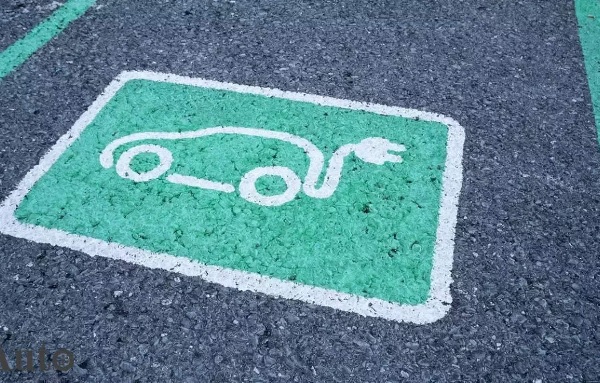
Manufacturing facilities for electric vehicles require 13 million sq ft of real estate by 2030: CBRE – EQ Mag
EV battery manufacturing facilities are expected to increase and will require 2,400 acres of land to accommodate the production of 200 GWh of batteries by 2030
The demand for real estate is projected to increase by approximately 13 million square feet by 2030 due to the growing need for manufacturing facilities for 4-wheeler and 2-wheeler electric vehicles (EV) in the real estate sector, according to CBRE. In addition, EV battery manufacturing facilities are expected to increase and will require 2,400 acres of land to accommodate the production of 200 GWh of batteries by 2030. As per the report’s estimates, by 2030, this real estate requirement will allow a production capacity of approximately 4 million units of 4Ws and 23 million units of 2Ws.
Built-to-suit (BTS) and leased facilities are largely preferred by EV manufacturers at present in India due to ease of capital deployment, flexibility in lease terms, speed to market, and location advantages. However, an owned facility provides more scope for customisation, saves on monthly rental outgoings, and has better prospects for land price appreciation.
States share
The EV manufacturing ecosystem in the country has seen fresh investments from global/domestic players.
During the 2020–2023 period (YTD),Maharashtra and Tamil Nadu led EV investments with a 15 per cent share each of the cumulative $28.8 bn investment.Meanwhile,Karnataka accounted for an 11 per cent share, Gujarat 8 per cent, and Uttar Pradesh and Telangana recorded a 7 per cent share each. Q1 2023 are mentioned below:
In the first quarter of 2023, the sector saw investment announcements in Maharashtra – Gogoro Belrise Industries announcing an investment of about $2.5 billion for a charging infrastructure manufacturing facility; in Tamil Nadu, Ola Electric’s announcement of an investment of about $0.9 billion for a battery manufacturing facility; and in Uttar Pradesh, Tauschen E-mobility’s announcement of an investment of about $0.2 billion for an EV manufacturing facility.
For the current year, the sector has recorded investment announcements of about $6.2 billion to date. While in 2022 witnessed strong traction, with global and domestic players announcing investments of over $17.1 billion in the EV industry, a y-o-y increase of about 287 per cent compared to $4.4 billion in 2021. In the same period, more than half of the investments were driven by EV component manufacturers, noted the report.
Data shows that EV manufacturers and multiple e-mobility start-ups are concentrating their presence in the primary automotive clusters in India.
Uttar Pradesh registered EV annual sales in 2022 with a 16 per cent share, Maharashtra with a 13 per cent share, and Karnataka with a 9 per cent share. These three States together dominated India’s EV sales in 2022, accounting for approximately 40 per cent of the overall sales volume.
The Indian EV market is expected to grow at a compound annual growth rate (CAGR) of about 49 per cent between 2021 to 2030 and will cross annual sales of 17 million units by 2030.
“As we look ahead, the intersection of real estate and the EV sector presents exciting opportunities and challenges. The rapid growth in EV manufacturing is set to revolutionise the automotive industry, and it will undoubtedly have a profound impact on the real estate market,” said Anshuman Magazine, Chairman & CEO – India, South-East Asia, Middle East and Africa, CBRE.













